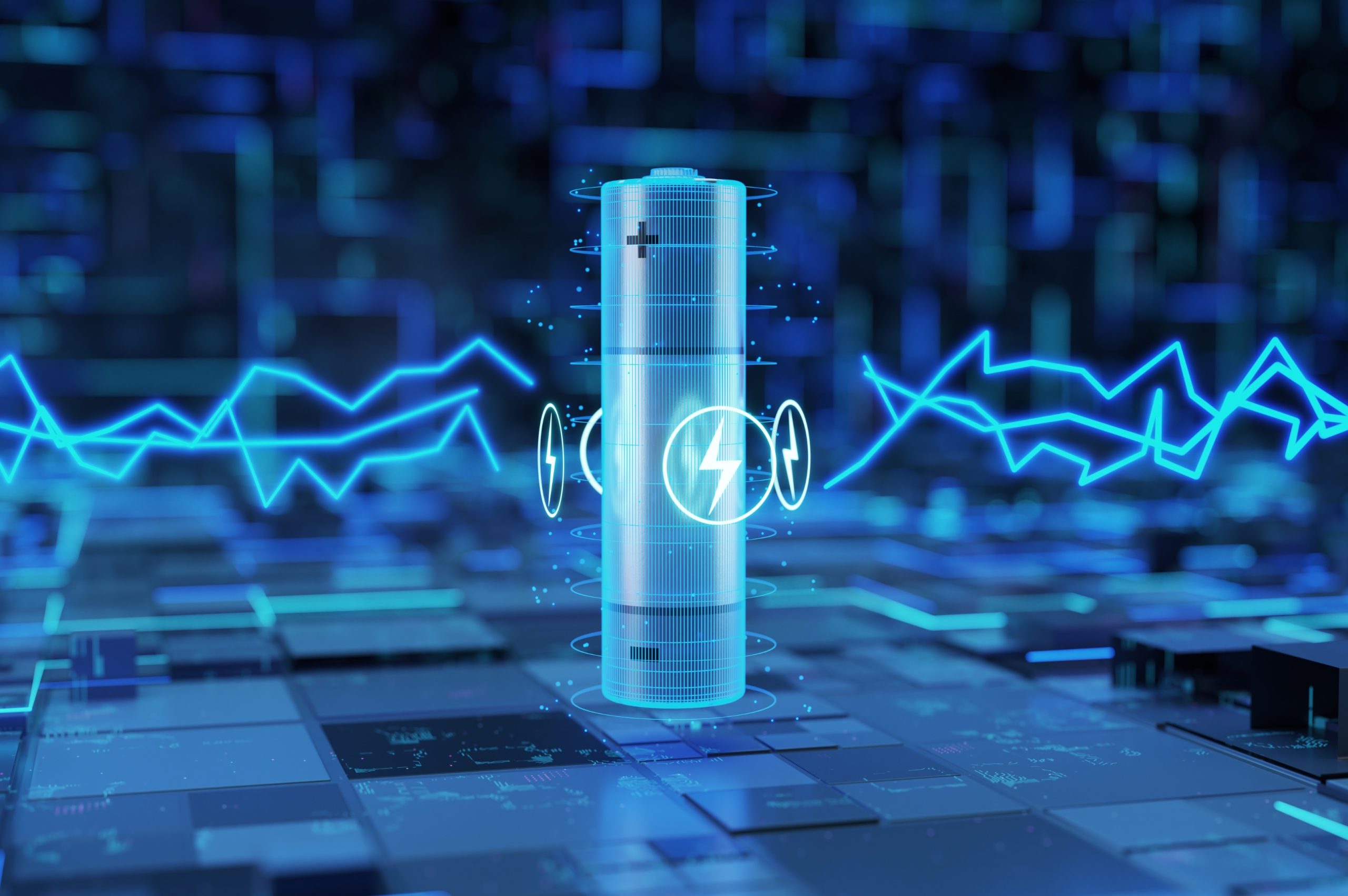Recycling Lithium-Ion Batteries: The Cornerstone of a Sustainable Future

As global efforts shift toward cleaner energy and electric transport solutions, lithium-ion batteries have become indispensable. Yet, with this rapid growth comes an urgent responsibility to manage end-of-life batteries in a way that protects our environment and secures the future supply of critical materials.
A ground-breaking study published by Stanford University in January 2025 confirms what industry leaders have long advocated: recycling lithium batteries significantly outperforms traditional mining when it comes to sustainability.
According to the research, recycling lithium-ion batteries emits less than half the greenhouse gases (GHGs) of mining, while using just 25% of the water and energy required. Even more compelling, recycling defective scrap (materials rejected during battery manufacturing) results in only 19% of the GHG emissions, 12% of the water use, and 11% of the energy use compared to conventional extraction and refinement methods.
Where Recycled Batteries Come From
The bulk of recyclable lithium-ion material originates from two key sources: defective scrap generated during battery production and end-of-life batteries collected from consumers and businesses.
These waste streams are rich sources of vital materials such as lithium, cobalt, nickel, copper, manganese, and aluminium, which are all crucial to manufacturing new batteries.
Recycling these metals avoids the harmful environmental impact of mining, from landscape degradation to toxic runoff, while significantly reducing energy demands and air pollution.
The Environmental Cost of Transport
Mining and refining critical metals often involve complex, carbon-heavy logistics. According to the Innovation News Network (2025), roughly 80% of the world’s cobalt is mined in the Democratic Republic of the Congo, with 75% of that then shipped to China for processing.
Similarly, lithium extracted in Australia and Chile is also refined thousands of miles away in Asia. These processes require an average transport distance of 35,000 miles, equivalent to circling the globe one and a half times.
By contrast, recycling operations drastically reduce these distances. With domestic infrastructure in place, lithium battery recycling can operate within national or regional supply chains, slashing transport emissions and offering a more resilient and sustainable solution.
Championing Circular, Sustainable Battery Solutions
Recyclus Group is proud to lead the advancement of sustainable battery recycling in the UK. We operate the country’s first industrial-scale lithium-ion battery recycling facility, delivering a cradle-to-cradle solution from collection to the production of black mass.
Our innovative, waterless technology operates with significantly lower energy demands than traditional pyrometallurgical processes, which rely on high-temperature furnaces. By eliminating the need to export batteries overseas or send them to landfills, Recyclus offers a practical, environmentally friendly alternative for battery manufacturers, OEMs, and electronics retailers.
This approach doesn’t just reduce carbon footprints; it keeps valuable critical metals in circulation, reinforcing a circular economy and strengthening the UK’s position in the global battery supply chain.
Building a Greener Battery Future
Lithium battery recycling represents one of the most effective tools we have to reduce environmental impact while maintaining access to the metals that power our future. Each battery we recycle reduces GHG emissions, conserves water and minimises environmental impact, contributing to a more sustainable materials lifecycle.
At Recyclus, we are committed to accelerating this transition, delivering innovative solutions that make battery recycling safer, cleaner, and more accessible.
As the clean energy transition gathers pace, we believe lithium-ion battery recycling must sit at its core.
